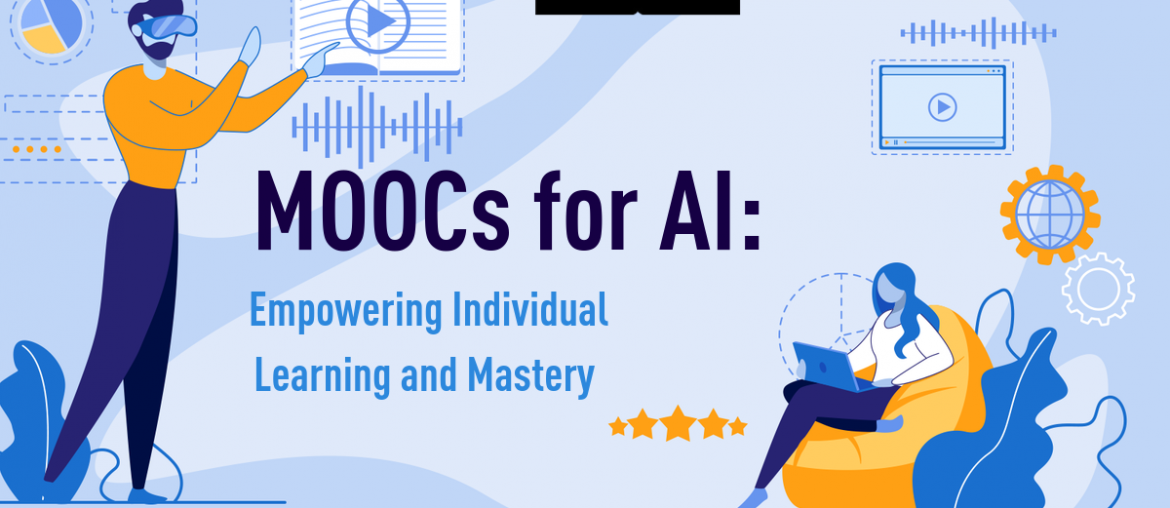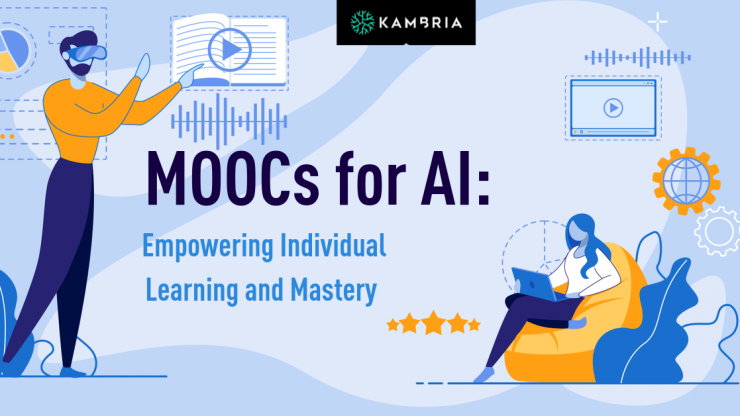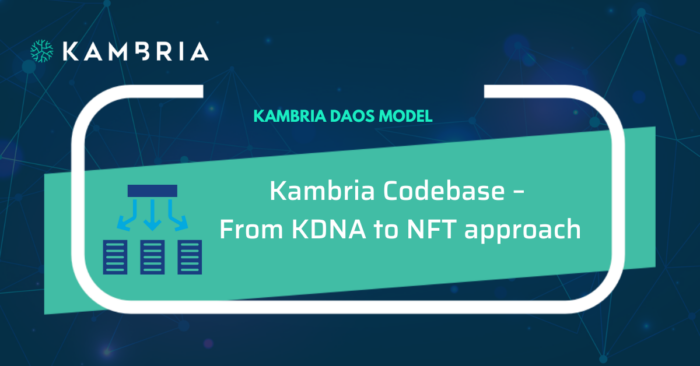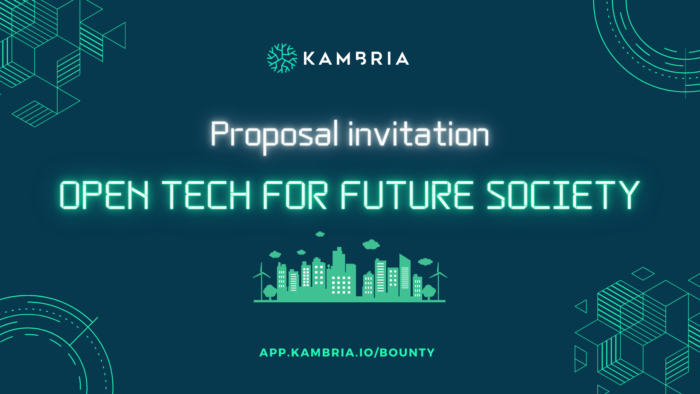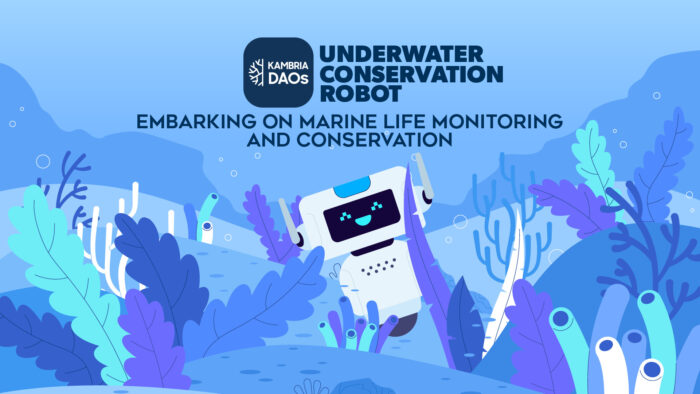AI is transforming industries and Massively Open Online Courses (MOOCs) are transforming education. Together the two are a very powerful combination that any aspiring engineer or developer can leverage to skyrocket his or her career.
The speed of technological development means change will come much sooner than expected. Are you ready? Keep reading to learn more about MOOCs, the benefits, and why you should consider them now to learn about hot tech topics like artificial intelligence, data science, and machine learning.
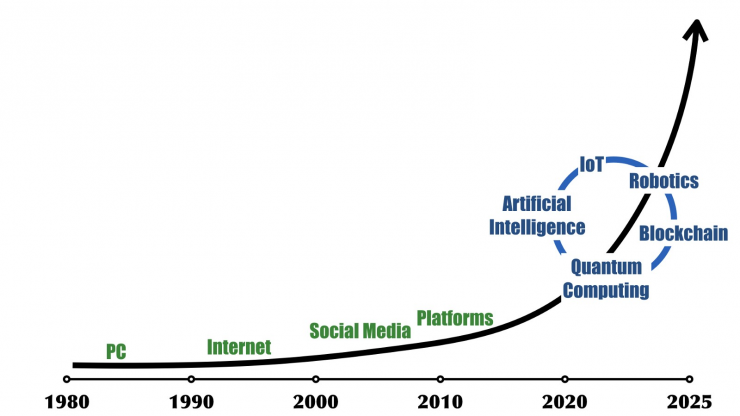
Taking Charge of Your Education
Thanks to the power of MOOCs and other online learning resources, you have the ability to take charge of your education. More than ever before, students -- not institutions -- are in control of what they learn, where they learn it and how their education can impact their career. With an ocean of resources at your disposal, you are free to explore beyond the traditional school classroom into the open expanse of online education and innovation.
Anyone anywhere can benefit. And best of all, you don’t need $100,000 for a Masters degree. More and more, people like Daniel Bourke are empowering themselves by acquiring the knowledge and skills they need to land better jobs. Daniel went from Uber Driver to a Machine Learning Engineer by diligently completing online courses on his own time, at his own pace. You can do it, too.
What are MOOCs and What is Their Purpose?
As the name suggests, MOOCs are online course designed to share knowledge among a vast number of users and participants. This includes a portion of its moderators, which are typically part of the course’s official faculty staff.
While MOOCs may structurally seem like any other online sources of information exchange such as forums and digital distribution platforms, it is built to function essentially like an official academic course. As such, MOOCs also include reading materials, course exercises, practical exams, and review sources.
The keyword here is accessibility. MOOCs differentiate themselves from traditional school education, and even from older online educations systems, by prioritizing community support, information availability, and learning at one’s own pace.
Thus, the main purpose of MOOCs is to equally offer academic information to the most number of potential students -- basically, using the internet to deliver quality-level education to many learners across the world. The supporting concept of being able to study the material at length without the worry of “having a seat too far” is also perhaps one of its notable attributes.
In fact, many promoters of MOOCs, such as edX CEO Anant Agarwal, always point to the fact that there is no distance problem to a virtual classroom. Better yet, there is no size problem, and the classroom can have as many participants as it can online.
Advantages of MOOCs
Most of the primary advantages of MOOCs are based on their accessibility; students can decide for themselves what, where and when to study. Other notable advantages include:
- Lectures are always available – instead of just listening to your professor discuss the lecture once on a subject, MOOC students can watch pre-recorded lectures repeatedly. This is significantly different from simply reading a textbook, as engagement is often enhanced on a lecture due to the human instructor, and the rolling visual aids included in the lecture.
- Encourages active learning – from a logical standpoint, skill acquisition is definitely more efficient if a learner actively participates in the exchange of ideas (via forums), or is allowed to repeatedly take the multimedia learning material (via pre-recorded lectures).
- Give a deeper understanding of the skill you want to learn – Oftentimes, higher education lectures will only cover the baseline required material of every concept behind a subject. Taking a slice out of a pie allows you to eat all the layers, but you still miss out on the entire pie. With more flexible access to information, a MOOC can grant you a better understanding of the overall material.
People study MOOCs for many reasons. You can take a MOOC to enhance your professional development at work. MOOCs can help you improve your current job performance, equip you with the skills and knowledge for a new job, and/or allow you to create new connections through which to network your way into a better position. You can also use MOOCs to complement an existing study program or to facilitate progression into higher education.
Why MOOCs are a Great Way to Learn AI
Cutting-edge education and cutting-edge technology are a natural match. Think about it. It doesn’t make much sense to learn about innovation in an environment that lacks innovation. In order to learn new ideas, we need new learning environments -- ones that are as flexible and dynamic as the very ideas we want to birth. MOOCs create collaborative, global networks that allow students to broaden their current view and learn from one another. This is how sparks fly.
Moreover, the MOOCs contribute to the democratization of higher education, allowing anyone to receive a world-class education. Artificial intelligence is too important to be left in the hands of a few. AI will fundamentally change how we live and work. Just like quality education, it will people all over the world being able to experience a better standard of life and the ability to engage more productively in all areas of human endeavor.
In her essay, “Why You Need to Study Artificial Intelligence, Even As A Non-Technical Person,” Sandra Lusmägi states it well: “How can we build technology that will be used by everyone, but if not everyone is involved in the process of imagining, designing and building it? Understanding the basics of technology, such as code, AI, ML means we no longer have to accept the bystander role in our digital society.”
MOOCs focused on AI will be important in creating a more open, accessible, flexible, affordable, transparent and accountable future. They will play a key role in stimulating the adoption of new technologies and new forms of learning, including learning peer-to-peer, increasing digital skills, amplifying networks and recycling knowledge.
MOOCs provide the opportunity to connect with people who share the same interests or professional profiles. As a result, students are able to reach out to new groups and generate new ideas, to initiate novel projects or other interpersonal engagements, for a wide variety of purposes. Regardless of where you live or what resources are available to you locally, MOOCs can allow you to step on an open and global stage.
Kambria’s AI Online Educational Programs
At Kambria, we are committed to open innovation. We believe open innovation is one of the most important ways to accelerate social impact in a multitude of verticals, including robotics & AI, mobility, and environment. That’s why Kambria is developing online AI courses in conjunction with educational and training alliances worldwide. Stay tuned as we will launch our online AI courses shortly.
